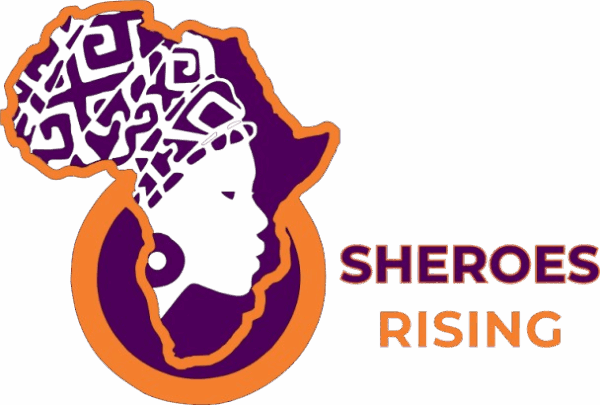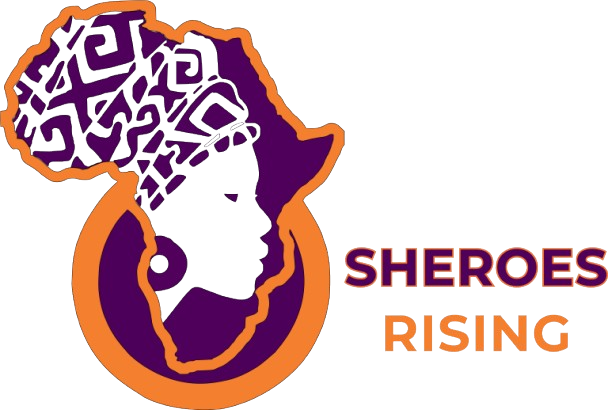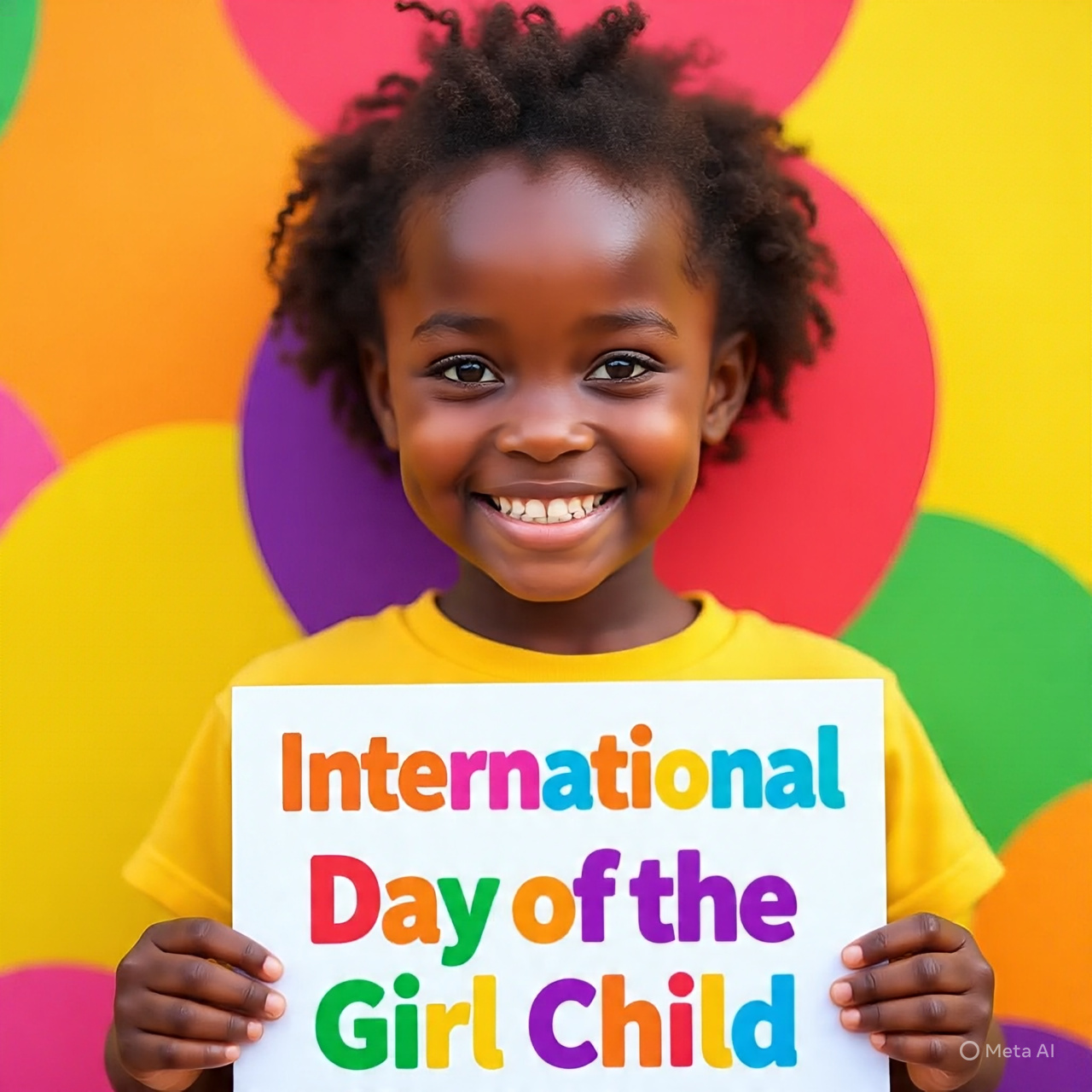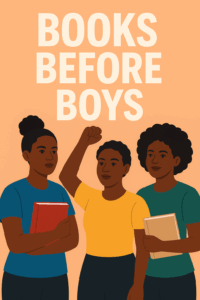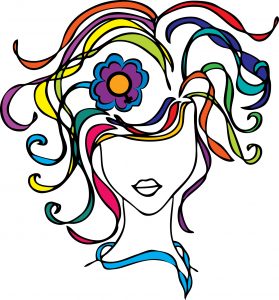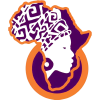In Northern Nigeria, countless girls are still denied their right to childhood, education, and self-determination. For generations, cultural expectations and structural gender inequalities have defined a girl’s purpose long before she can define it for herself. From birth, she is often raised to become a wife and mother, her worth measured by her obedience and ability to manage a home, rather than her potential to learn, lead, or contribute positively to society.
Across many communities, this reality manifests in the form of child and early marriage a practice that robs girls of their dreams and safety. Some are married off as early as nine years old, while others are betrothed at birth, sometimes to men much older than them.
In some cases, girls are even used as collateral to settle debts or as a means of financial relief for their families as poverty and patriarchal norms continues to reinforce this practice;
According to UNICEF and UNFPA report in February (2024), Child marriage remains a critical issue affecting the development and well-being of adolescent girls globally, with Nigeria ranking third in the prevalence of child brides.
Child marriage prevalence remains high in the country, with 44% of girls married before the age of 18, totaling over 24 million child brides bringing Nigeria to rank third in Girl Child marriage globally. Although recent data suggests a decline in national prevalence from 44% to 30%, progress has been slow and uneven, particularly affecting the poorest households, rural areas, and girls with little or no education.
‘Child marriage is particularly prevalent among Nigeria’s poorest, rural households and is most common in the North West and North East, especially among the Hausa ethnic group.”
The state of Bauchi has the highest rate, 73.8% of women aged 20-24 who were first married before the age of 18, and are in polygynous unions and 49.2% of women in this state have spouses who are older by at least 10 years.(Girls not bride)
Parents who support their daughters’ education are often stigmatized, accused of raising “wayward” children who may defy cultural norms. The consequences are devastating. While implementing Gender-Based Violence (GBV) and human rights projects across the BAY states, (Borno, Adamawa, and Yobe), I have encountered survivors and young mothers whose lives were shaped by forced or early marriage. Their stories reveal deep scars health complications, postpartum depression, anxiety, isolation, and self-blame. Many lost their childhoods, their confidence, and their sense of identity. Yet, amidst their pain lies a remarkable strength: the desire to heal, learn, and lead change.
Girls who dare to pursue education or professional ambitions are often labelled as rebellious or unfit for marriage. Men are discouraged from marrying educated women, and girls aged 15 to 21 live in fear of being called “too old” or “promiscuous” if unmarried. These harmful beliefs continue to confine women’s roles and silence their potential.
However, change is slowly taking root. With the tireless work of humanitarian and development organizations, coupled with advocacy for the Violence Against Persons Prohibition (VAPP) Act and its domestication across several northern states, attitudes are beginning to shift.
Communities are learning that girls are not commodities but citizens with rights, voices, and visions. Awareness campaigns, safe spaces, and educational programs are empowering girls to speak up, say no to early-forced marriage, and demand access to education and opportunity.
Educating the Girl child is not optional, it is a must because when the Girl child is educated, families, communities, and societies benefit more.
Ajijir Martin
Adamawa, Nigeria
